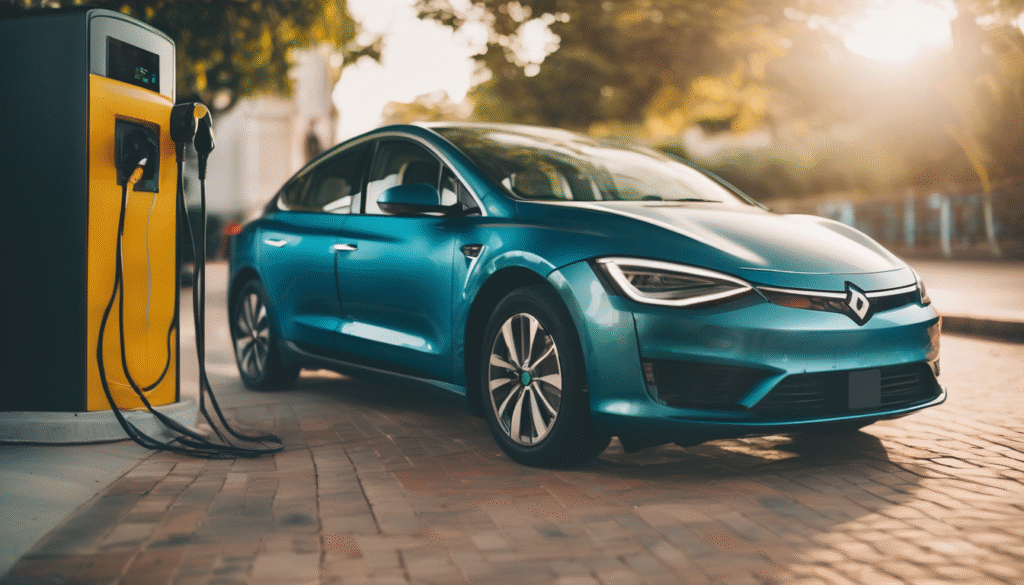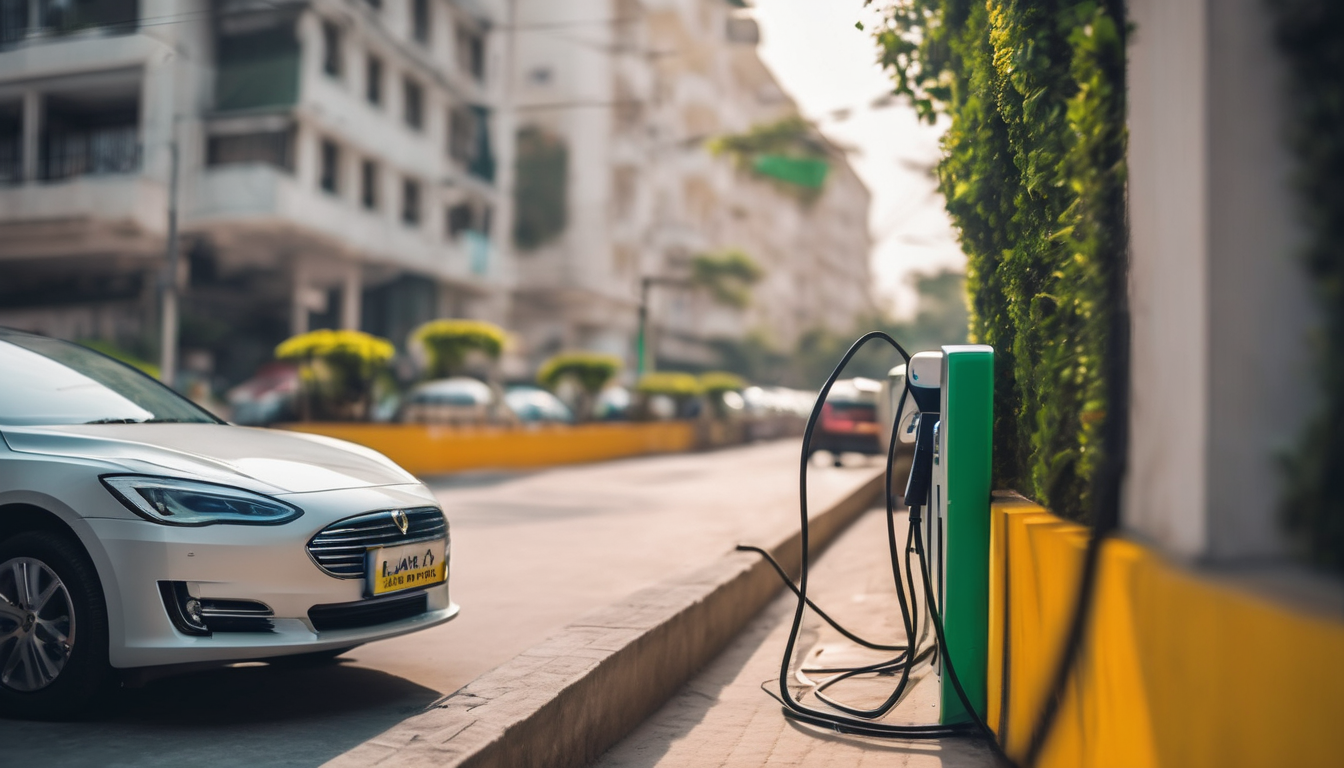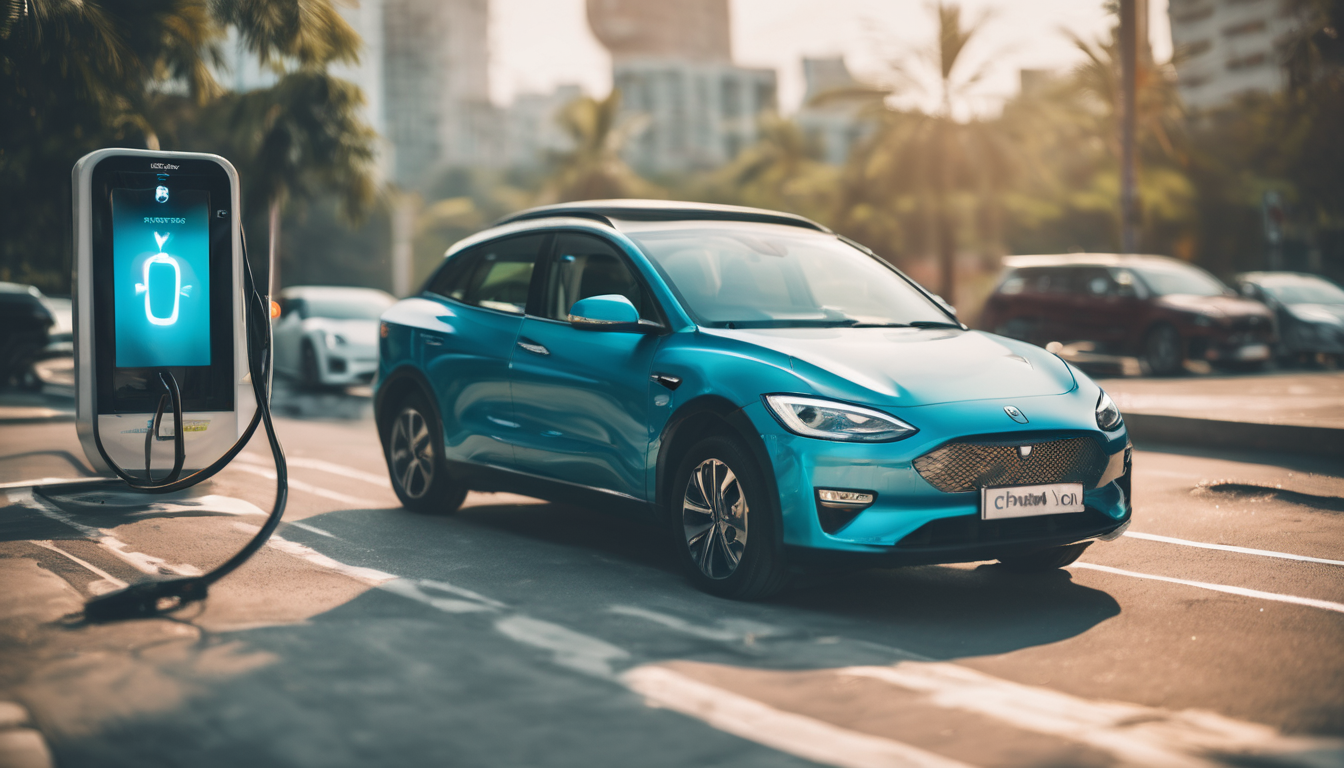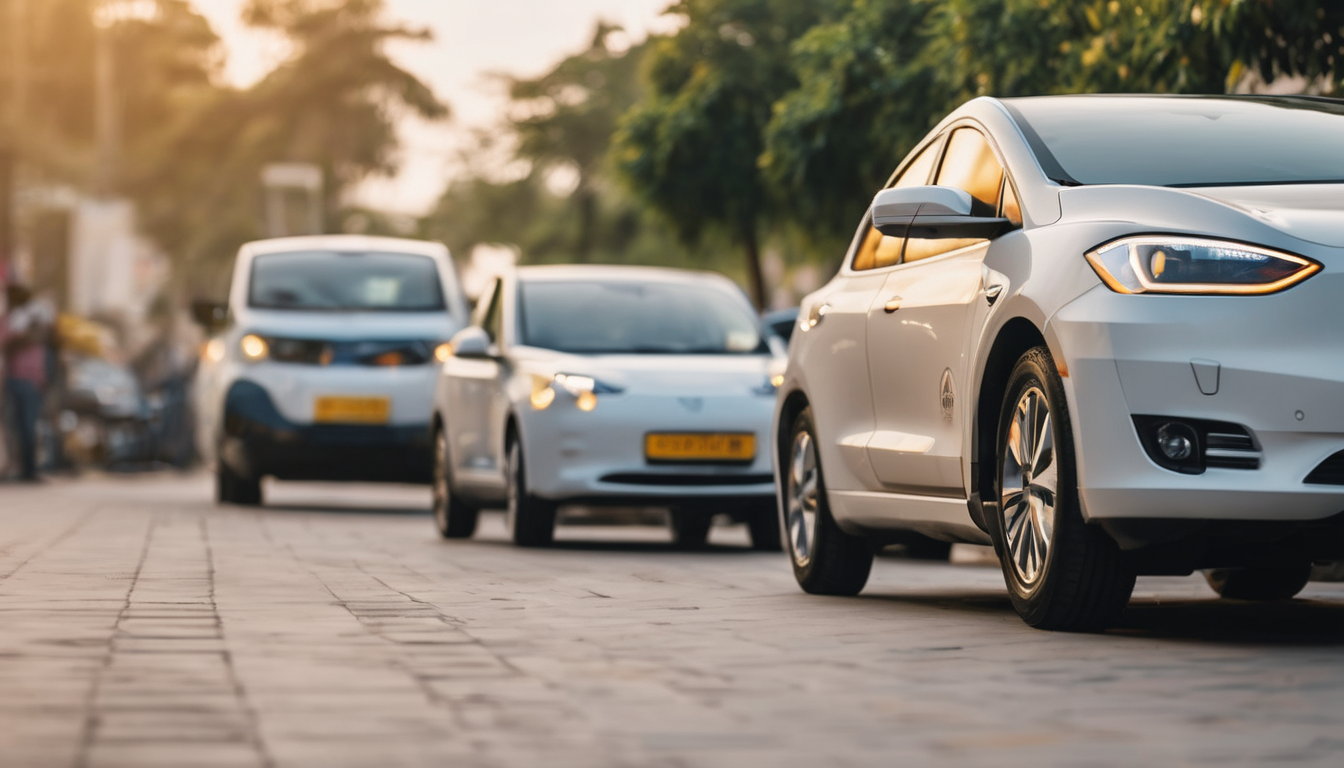Introduction
As electric vehicles (EVs) continue to gain traction in India, the need for efficient and convenient home charging solutions becomes increasingly essential for Indian EV owners. Transitioning to electric mobility not only helps in reducing carbon footprints but also offers significant savings on fuel costs. However, the convenience of charging at home is a critical factor that can influence the overall EV ownership experience. This article explores the various home charging solutions available for Indian electric vehicle owners, ensuring a seamless and reliable charging experience.
Understanding Home Charging Solutions
Home charging solutions for electric vehicles are designed to facilitate easy and efficient charging of your EV at home. These solutions vary in terms of technology, charging speed, and installation requirements.
Types of Home Charging Options
There are primarily two types of home charging options available for electric vehicle owners:
- Standard Outlet Charging: This involves using a regular 15A electrical outlet, which is suitable for charging lower-capacity EVs. It’s the most common and accessible method but can take a considerable amount of time to fully charge a vehicle.
- Dedicated EV Charging Stations: These are specialized charging units installed at home, offering faster charging capabilities. They typically require a 3-phase power supply and can reduce charging time significantly compared to standard outlets.
Advantages of Home Charging
Home charging comes with several benefits, making it a preferred choice for many EV owners:
- Convenience: Charge your vehicle overnight or whenever it is parked, ensuring it is ready when you need it.
- Cost-Effective: Electricity rates are generally lower during off-peak hours, allowing owners to save on charging costs.
- Safe and Secure: Charging at home reduces the risk of damage or theft associated with public charging stations.
- Customization: Home charging solutions can often be tailored to meet individual charging needs and preferences.
Choosing the Right Charging Solution
Selecting the appropriate home charging solution depends on various factors, including the type of EV, your daily driving habits, and the existing electrical infrastructure of your home.
Factors to Consider
When choosing a home charging option, consider the following:
- Charging Speed: Evaluate how quickly you need your vehicle charged. Dedicated charging stations can provide Level 2 charging, which is significantly faster than standard outlets.
- Power Supply: Check your home’s electrical system and ensure it can accommodate the power requirements of a dedicated charger.
- Installation Costs: Factor in the costs associated with purchasing and installing a dedicated charging station.
- Future Proofing: Consider your long-term needs, especially if you plan to upgrade to a higher-capacity EV in the future.
Installation of Home Charging Stations
Installing a dedicated charging station requires careful planning and execution. Here’s a step-by-step guide to the installation process:
- Site Assessment: A qualified electrician should conduct an assessment to determine the best location for the charging station.
- Electrical Upgrades: Depending on your current electrical infrastructure, upgrades may be necessary to support the charging station.
- Choose a Charger: Select a compatible charging unit based on your vehicle’s requirements and charging speed preferences.
- Installation: Have a licensed electrician install the charging station, ensuring compliance with local regulations.
- Testing: Once installed, the system should be tested to ensure everything operates correctly.
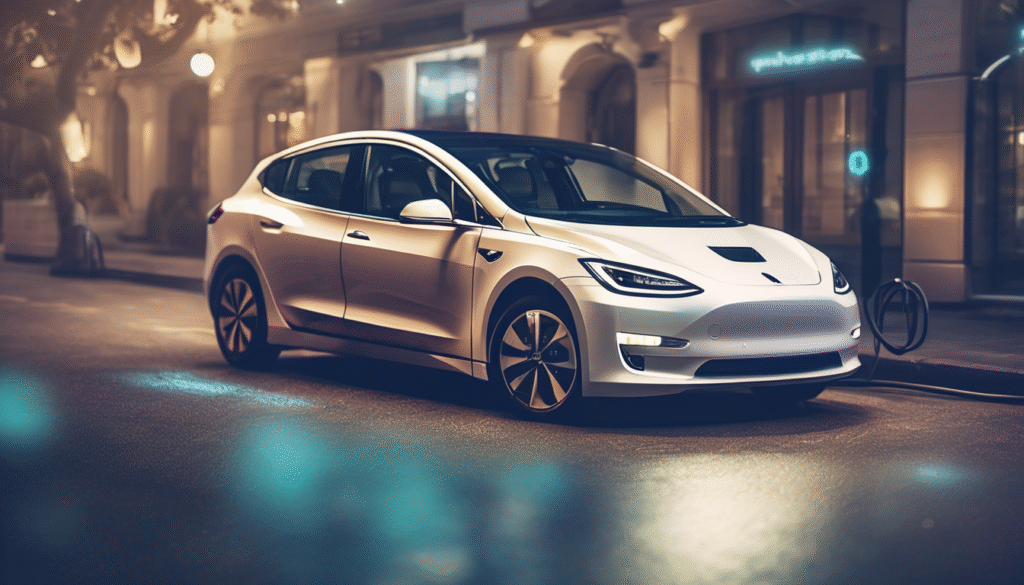
Government Incentives and Policies
The Indian government is actively promoting the adoption of electric vehicles through various incentives and policies. These initiatives often include subsidies for purchasing EVs, tax rebates on home charging station installations, and investments in charging infrastructure.
Key Policies to Consider
Some notable policies and incentives related to electric vehicles and charging infrastructure include:
- FAME India Scheme: This initiative provides financial support for electric vehicle adoption and the development of charging infrastructure.
- GST Reductions: The Goods and Services Tax (GST) on EVs and related infrastructure has been rationalized to encourage clean energy transitions.
- State-Specific Policies: Various states have introduced their own EV policies, offering additional incentives for EV owners and businesses investing in charging infrastructure. For example, Delhi’s EV policy focuses on expanding charging stations across the city.
For more detailed information on government policies, you can refer to resources like [this article](https://pmedrive.heavyindustries.gov.in/policy_procedure) and [this document](https://transport.delhi.gov.in/transport/delhi-ev-policy).
Future Trends in Home Charging Solutions
As electric vehicle adoption continues to rise, home charging solutions are also evolving. Some trends to watch out for include:
- Smart Charging Stations: These systems allow users to monitor and control charging remotely via smartphone apps.
- Vehicle-to-Grid Technology: This innovation enables EVs to feed energy back into the grid, creating a two-way relationship between vehicles and energy providers.
- Integration with Renewable Energy Sources: Many EV owners are considering solar panel installations to power their home charging stations, further reducing their carbon footprint.
Frequently Asked Questions (FAQs)
1. How long does it take to charge an electric vehicle at home?
Charging time varies depending on the type of charger used. Standard outlet charging may take anywhere from 8 to 20 hours, while a dedicated charging station can complete the task in 4 to 8 hours.
2. Can I install a home charging station myself?
It is highly recommended to have a licensed electrician install the charging station to ensure safety and compliance with local regulations.
3. What are the costs associated with home charging station installation?
Costs can vary widely depending on the type of charger, installation complexity, and any necessary electrical upgrades, typically ranging from ₹10,000 to ₹40,000.
4. Are there any government incentives for installing home charging stations?
Yes, various government schemes and incentives are available, including subsidies and tax deductions, aimed at encouraging EV adoption and supporting home charging installations.
5. Can home charging stations work with all electric vehicle models?
Most home charging stations are compatible with a wide range of electric vehicles, but it’s essential to check the specifications of the charger and the vehicle.
Conclusion
Home charging solutions are a vital component for Indian electric vehicle owners, providing convenience, cost savings, and sustainability. With the right equipment and knowledge, EV owners can ensure a seamless charging experience that enhances their overall journey into electric mobility. If you’re considering making the switch to electric, explore your options today and take advantage of the benefits that home charging technologies offer. Don’t forget to check out the latest updates on electric vehicle policies and pricing to make an informed decision!


